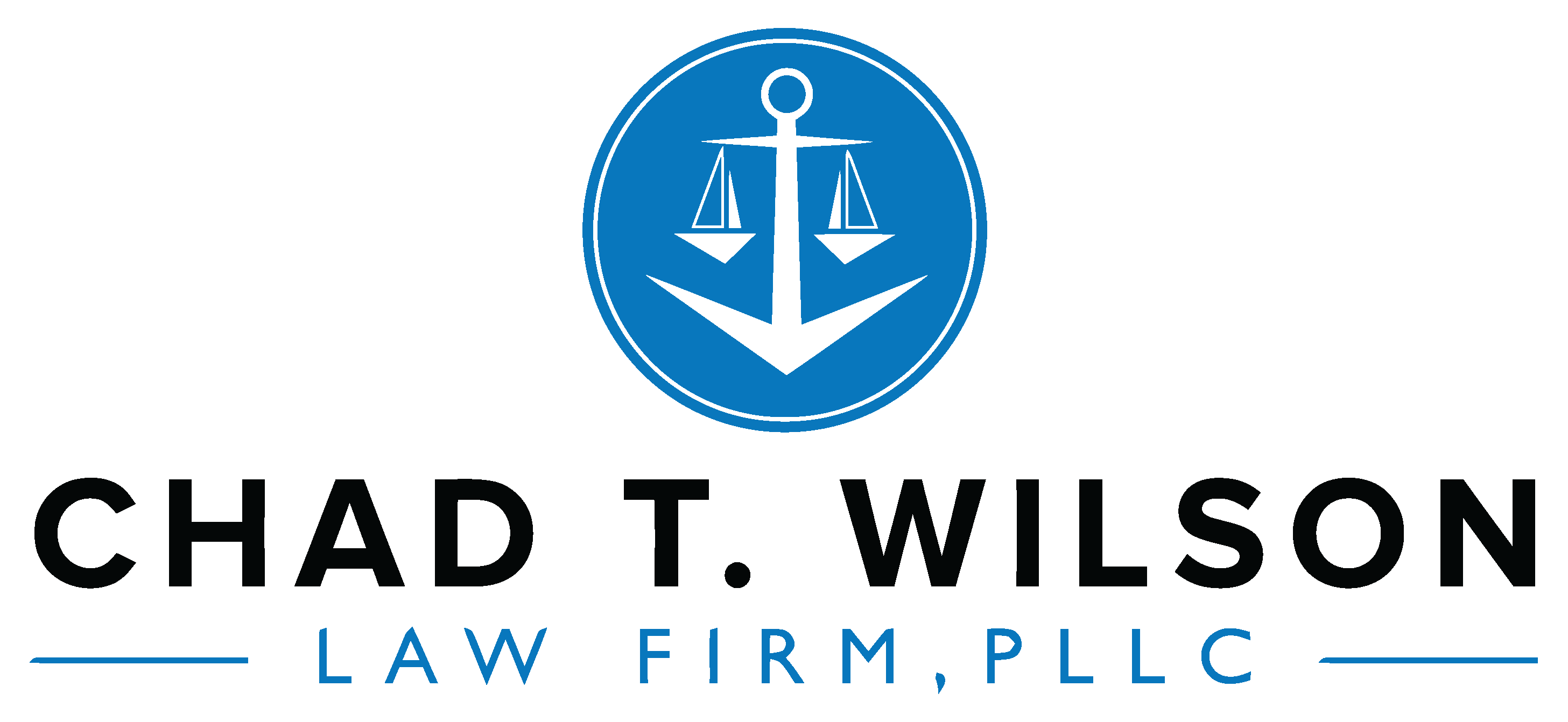
Remember that you will never be alone in this endeavor. Chad T. Wilson Law Firm is here to help whether you feel like suing or being sued. We will help you understand who is responsible for your loss, how much money it will take to repair or replace the damaged property, and what compensation they should be liable for. We can help you start the process and ensure that your business doesn’t suffer any more losses while you wait for compensation.
If you own or lease commercial property, you must anticipate the likelihood of damage. Here are some of the most prevalent kinds of claims for property damage:
Slip and fall: This is one of the most common claims in commercial property. For instance, if a customer slips on water left by an employee, they may sue.
Water damage: If water seeps through your walls or foundation, this can lead to mold growth and other issues that could cause health problems for employees and customers.
Fire damage: Fires can happen at any time in any business, so it’s essential to have proper fire safety precautions in place. You could have legal liability if something goes wrong with these precautions and results in damage.
Dealing with insurance while also trying to rebuild your business can be daunting. Our commercial claims lawyer Austin TX has assisted hundreds of business owners in similar situations, and we’re prepared to handle whatever claim you may face, whether it is a:
At Chad T. Wilson Law Firm, we practice on a contingency basis. That means we don’t get paid if we don’t win your case. We believe that this structure ensures that our clients always get the best possible advice at no risk. If your case is flourishing and you recover damages, you pay us our agreed-upon percentage. If not, no fee is due from you—and we will continue working on your case until it’s won or dismissed by court order.
Because we work on a contingency basis, our fees are typically much lower than those charged by other law firms that bill hourly rates or retainers. You deserve a commercial claims lawyer Austin TX who will fight for you—not just in court but also out of court, by negotiating with insurance companies or employers on your behalf. Call now!
San Antonio, Texas, United States, is a city in Bexar County. It is officially known as the City of San Antonio. Tourism thrives in San Antonio, becoming one of the city’s most important industries. The famous RiverWalk (Paseo Del Rio) takes visitors on a three-mile walk through cool, shady pathways lined with unique retail shops, cafes, restaurants, and nightclubs. The RiverWalk is transformed into an impressive light festival during the Christmas and New Year’s holiday seasons. The Alamo, San Antonio‘s most well-known landmark, is also Texas’ most popular tourist destination.
Commercial litigation is a broad term that refers to business-related litigation such as breach of contract, business torts, fiduciary/shareholder litigation, UCC, civil theft, and others. Brick Business Law handles almost every type of commercial litigation.
We see many business cases that arise from using online form documents or business documents drafted by non-attorneys that create ambiguities or other situations that lead to litigation. Owners of an LLC, for example, may use an online “partnership agreement,” which creates some ambiguity as to whether a separate partnership was formed or whether the document applies to the LLC’s operations.
Before their consultation, we ask that new clients gather the following documents and provide them to us:
any signed contracts;
any court papers served or filed;
any relevant documents;
any relevant recordings, e-mails, text messages, photos, videos, or other communications; and
a summary of the people involved and a timeline of relevant events.






2900 Westfork Drive, Suite 401, Baton Rouge,
LA 70827,
United States
